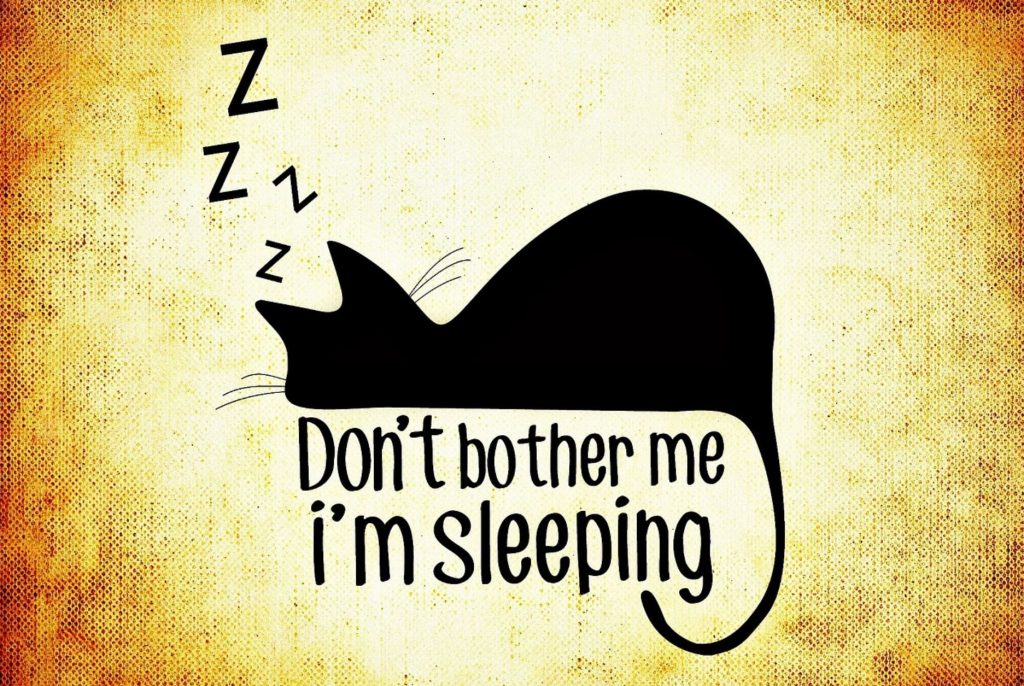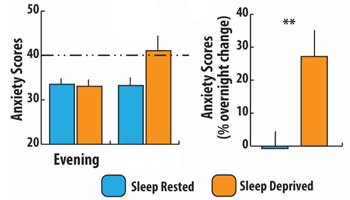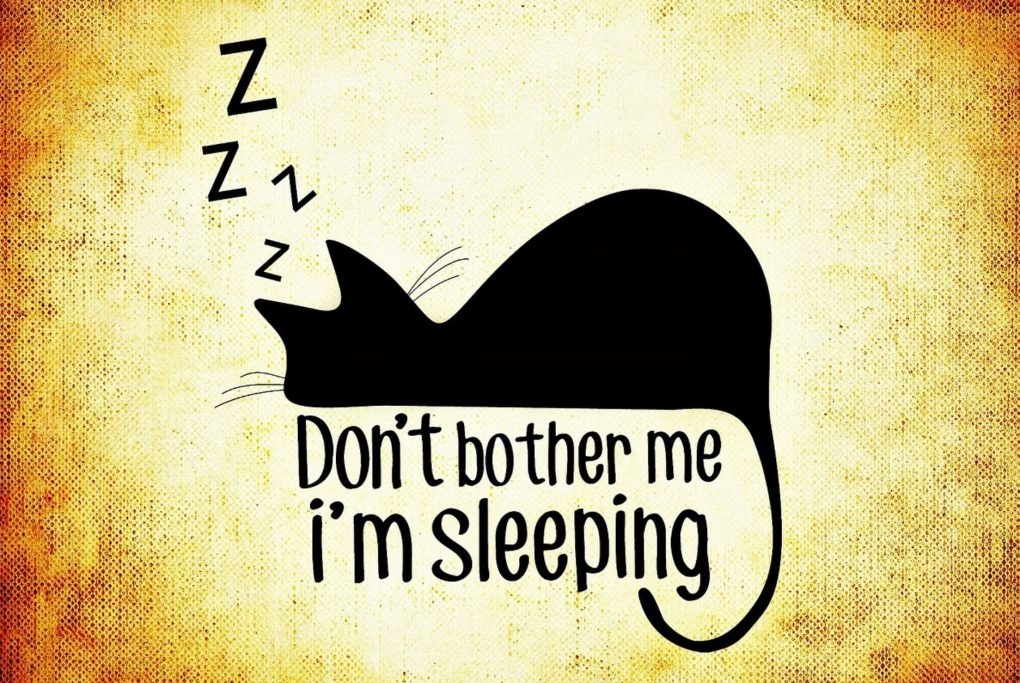Deep Sleep Takes The Edge Off Chronic Anxiety
 By Karen Foster
By Karen Foster
Insomnia is a frequently cited problem, affecting 30-60% of peri- and postmenopausal women. Depressive symptoms are nearly equally prevalent, affecting 25-40% of this female population.
Investigating the neural link between sleep and anxiety, UC Berkeley neuroscientists Matthew Walker and Eti Ben Simon are finding that non-Rapid Eye Movement (NREM) sleep plays a key role in calming the overactive brain, especially in the brain regions that process and regulate emotions.
“The more time you spend in deep non-REM sleep, the less anxious you are in the morning,” said Ben Simon in reporting her preliminary findings at the Society for Neuroscience annual meeting this week in San Diego.
Widget not in any sidebars
Using functional Magnetic Resonance Imaging (fMRI), among other measures, Ben Simon and Walker tracked the anxiety levels and brain activity of 18 healthy young adults, first during and after each participant enjoyed a regular night of sleep, and next after the same study participants stayed awake for 24 hours.
Each morning, study participants viewed emotionally evocative video clips while inside a brain scanner so that researchers could observe changes in their emotional brain activity after a night of no sleep.
 In the evenings, researchers found nearly identical anxiety levels across all the participants. However, after a night of no sleep, study participants reported a 30 percent increase in anxiety compared to the way they felt after a good night’s sleep.
In the evenings, researchers found nearly identical anxiety levels across all the participants. However, after a night of no sleep, study participants reported a 30 percent increase in anxiety compared to the way they felt after a good night’s sleep.
Moreover, brain scans taken as sleep-deprived participants watched video clips in the morning showed increased activity in such emotion centers as the amygdala “fight-or-flight” reflex, while the medial frontal cortex, which helps temper emotional responses, was virtually shut down.
As for study participants who benefited from a full night of sleep, those who enjoyed longer periods of non-REM deep sleep reported the lowest levels of anxiety the next morning and showed the least emotional reactivity.
“A good night of deep non-REM sleep can benefit us in terms of anxiety and emotional regulation,” said Ben Simon, a postdoctoral fellow in Walker’s Center for Human Sleep Science at UC Berkeley.
Also Read: How To Know If You Have a Sleep Disorder and Discover The Best Foods That Promote Sleep
Karen Foster writes for Prevent Disease.


